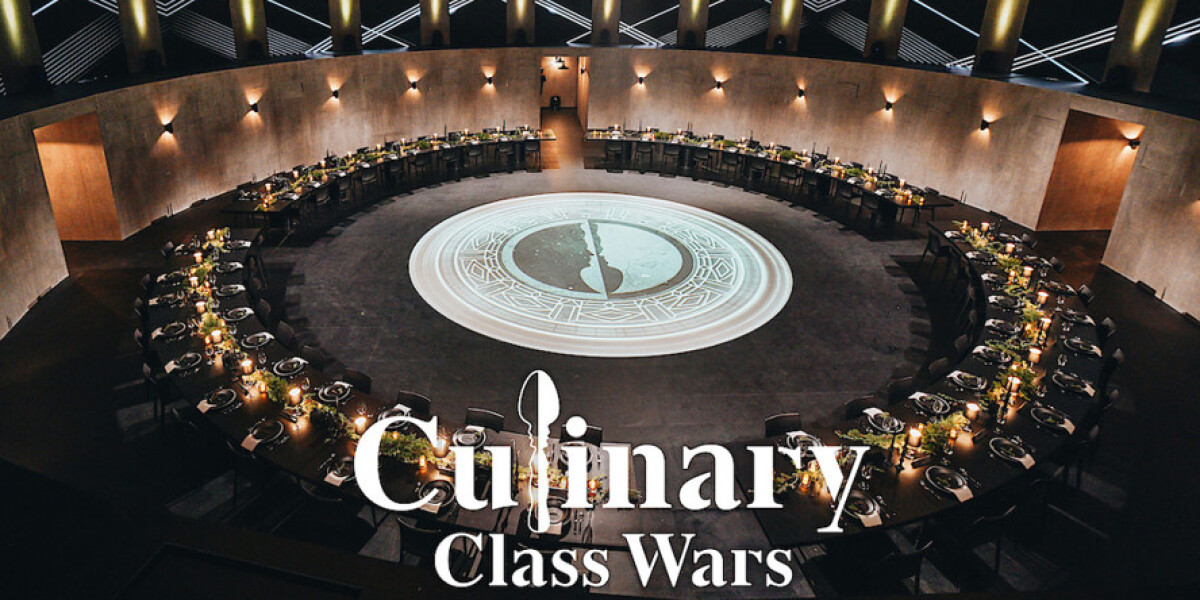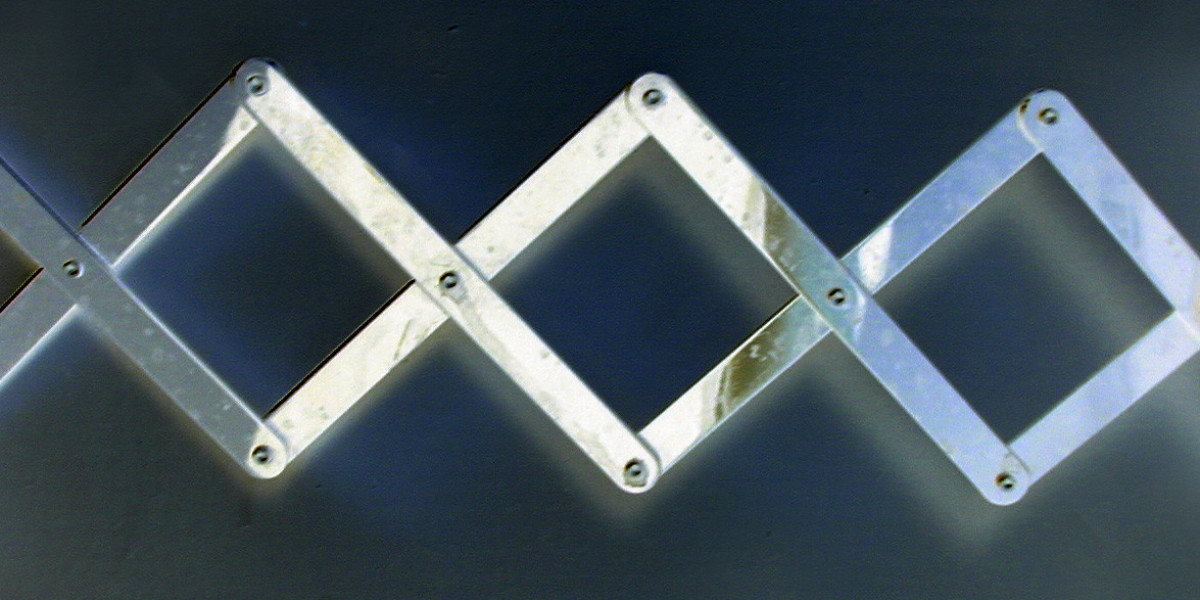Hi-Tech Pharmaceuticals Anavar & Dianabol Stack
The Assistant Should Respond With a Concise Answer That Is No Longer Than 50 Words
---
Introduction
In the age of instant information, users expect quick, clear answers. A common design guideline is that an assistant’s response should be concise—ideally no longer than 50 words. This constraint forces clarity, eliminates fluff, and respects the user’s time.
Why 50 Words?
| Benefit | Reason |
|---|---|
| Speed | Shorter texts load faster on mobile devices. |
| Focus | Users can grasp the core point without wading through detail. |
| Consistency | A hard limit standardizes response length across interactions. |
| Error Reduction | Less room for accidental typos or irrelevant content. |
Strategies to Meet the Constraint
- Prioritize Key Information
- Use Active Voice & Imperatives
- Avoid Redundancy
- Leverage Shortcuts
- Pre‑Write Templates
Example Before & After
| Before (74 words) | After (43 words) |
|---|---|
| "Thank you for choosing our service! We would like to inform you that your account has been successfully activated. Please feel free to explore the features at your convenience." | "Your account is active—explore the features now." |
Quick Reference Cheat Sheet
- "Please" → "Please" (keep).
- "Thank you for" → "Thanks".
- "We would like to inform you that" → "Here’s what matters:".
- "At your convenience" → "Now".
- Avoid filler words: "actually", "basically", "just", "kind of".
5. Final Takeaways
- Clarity over Complexity – The most important message is the first thing you say; keep it short and telegra.ph sweet.
- Structure Matters – Use a simple, predictable pattern: Greeting → Key Point → Call‑to‑Action (CTA) → Closing.
- Leverage Repetition & Rhythm – People remember what repeats; use a hook or tagline that recurs in the call‑to‑action.
- Focus on Outcomes – Talk about what the customer will gain, not how you do it.
- Practice, Practice, Practice – Deliver your pitch until it sounds natural and confident—aim for 60–90 seconds.
Quick‑Start Script (≤ 90 seconds)
> Greeting:
> "Hi, I’m Name from Company."
> Hook / Value Statement:
> "We help busy professionals like you get X in Y minutes without the usual hassle."
> Proof / Credibility:
> "Last year we helped over 1,000 clients cut their time by 30% and save $5 M."
> Offer / Call‑to‑Action:
> "I’d love to schedule a quick 15‑minute demo next week so you can see it in action. Does Tuesday at 10 am work for you?"
> Close:
> "Thanks, and I’ll send a calendar invite."
Tips for Refining Your Pitch
| Goal | Strategy |
|---|---|
| Be Concise | Limit to 1–2 minutes; practice the "elevator‑pitch" version. |
| Focus on Value | Quantify benefits (time, money, risk). |
| Tailor the Message | Use language that resonates with the buyer’s role (e.g., "help your team launch faster" for a PM). |
| Use Storytelling | Frame as "Before/After" or "Problem/Solution". |
| End with an Ask | Invite next step: demo, meeting, trial. |
---
3. Email Templates
Below are two email templates—one for the first outreach and another for a follow‑up after no response.
Template A – First Outreach (Cold Email)
Subject: Save 40% on launch time + a $5k bonus on your next deployment ?
Hi First Name,
I’ll keep it short—your team spends an average of X days to get from code commit to production. That’s roughly Y dollars per release.
At Your Company, we’ve helped teams in the fintech space cut that cycle by 40% (average 5‑day reduction). The result? Faster releases, fewer rollback incidents, and a $5k "success bonus" on your next deployment when you hit the target.
Would you be open to a quick 10‑minute call next week to see if we’re a fit? No hard sell—just an honest look at what’s possible for your stack.
Thanks for your time!
Your Name
This version is tighter: it presents pain points, solution benefits, and a clear CTA while keeping the language crisp. If you’d like more variations or tweaks, let me know!








